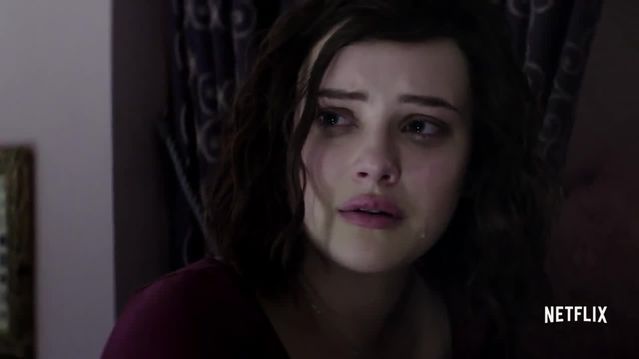
"The opposite of a hero is not a villain, it's a bystander."
- Matt Langdon (Hero Roundtable)
Perhaps the most controversial Netflix original series, "13 Reasons Why" has generated a lot of press, both positive and negative. The series tells the story of Hannah Baker, who dies by suicide before the series open. She then sent out audio tapes providing 13 reasons of why she did it and the people responsible for her wanting to take her life. These reasons include rape, bullying, exclusion, lack of social support, slut-shaming, and bystanders who fail to intervene and help her when she needed them.
Critics of the show have stated that the series glorify suicide, fail to mention mental health in the series, and depict suicide as an act of vengeance against bullying. Some critics have stated that the show is likely to create copycats and might send a message to the viewers that every suicide is preventable or that there is someone to blame for every suicide. Other critics have even suggested that the leading character would not have been able to have the mental capacity to put together the tapes given her state of distress.
I would like to offer my personal opinion in this post. In watching the series, I believe that the show depicts one side of someone who might die by suicide. No, it does not represent every teen's struggle, nor does it represent every person who dies by suicide, but I believe that it does represent one possible scenario.
What I think the show does well is that it offers a perspective of what circumstances might lead an individual to consider suicide. The sad reality is that suicide is currently the 2nd leading cause of teen and young adult death. It is true that not all suicide is preventable and not all symptoms are obvious. However, I think that the show allows the viewer to observe situations which are likely to cause teens and young adults to consider suicide, such as sexual assault, rumors, exclusion, etc. (in short, everything Hannah Baker experiences).
In my practice, this series has allowed for conversations with my teen clients about these difficult topics. My colleagues too, are reporting that teens have been willing and eager to discuss this show with them because they state that it is "real" and reminds them of what they have experienced.
The show might (and already has) provide a medium for therapists, parents, and teachers to discuss not only suicide, but also other topics, like the struggles that Hannah experiences with teens. In addition, my hope is that it will allow the viewers to be more likely to be an advocate as opposed to a bystander. When Hannah struggles coping with rumors and slut-shaming, she seems to be coping when she has the support of her closest friends, Alex and Jessica. However, when that support is no longer available, she struggles much more. In watching the series, I hope that the viewers and their parents, teachers, friends, or therapists, will be able to engage in conversations not only about how to assist that particular person, but also about how to be on the lookout for people who are picked on, for people who are being slut-shamed or bullied, and how to be a Superhero in real life.
If you or anyone you know is considering suicide or having suicidal thoughts, call National Suicide Prevention Hotline, 1-800-273-TALK (8255), or text "START" to 741741.
Other resources:
For bullying survivors: www.stopbullying.gov
Sexual assault survivors: www.rainn.org
Dr. Janina Scarlet is a Licensed Clinical Psychologist, a scientist, and a full-time geek. She is a trauma survivor, who was inspired by the X-Men to develop "Superhero Therapy" to help patients with anxiety, depression, and PTSD. She has written multiple publications on this topic and has given talks domestically and internationally. She is also a member of Pop Culture Hero Coalition. Her book, “Superhero Therapy” released on December 1, 2016 in the U.K. and on August 1, 2017 in the U.S.
If you would like to learn more about Superhero Therapy, contact Dr. Janina Scarlet Twitter @shadowquill, Facebook: https://www.facebook.com/Shadow.Scarletl, or website at www.superhero-therapy.com


